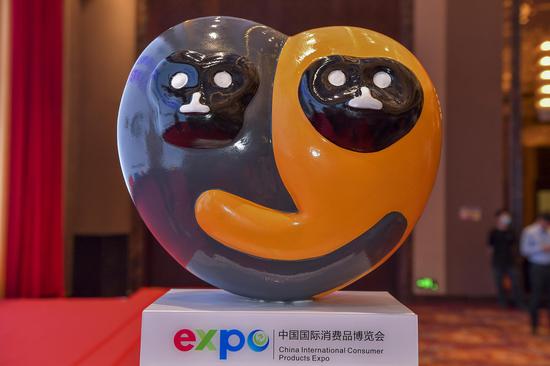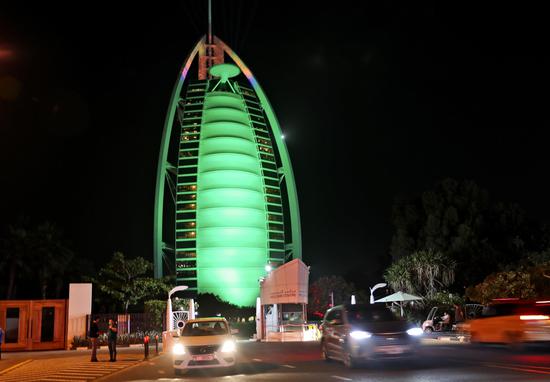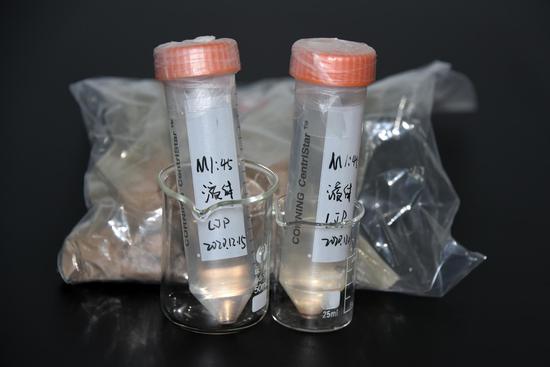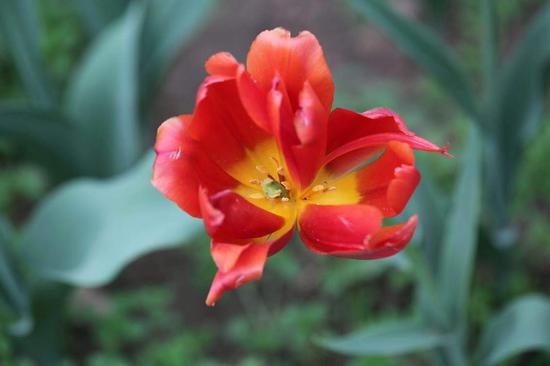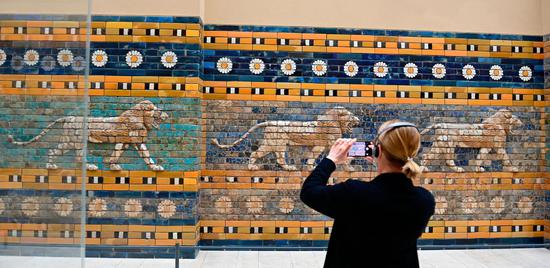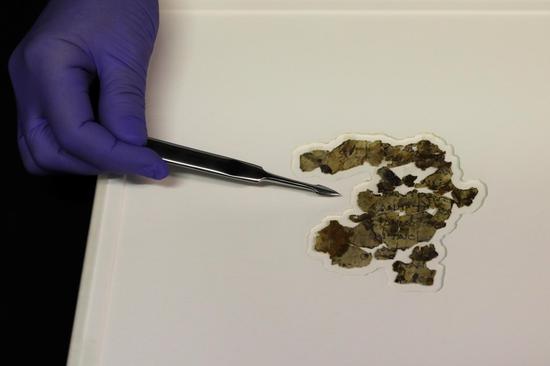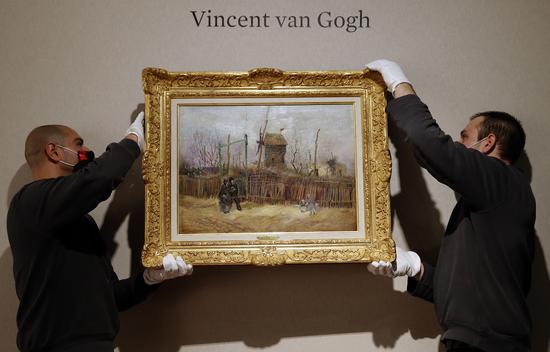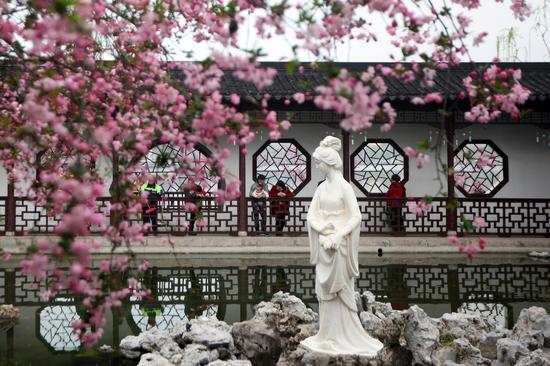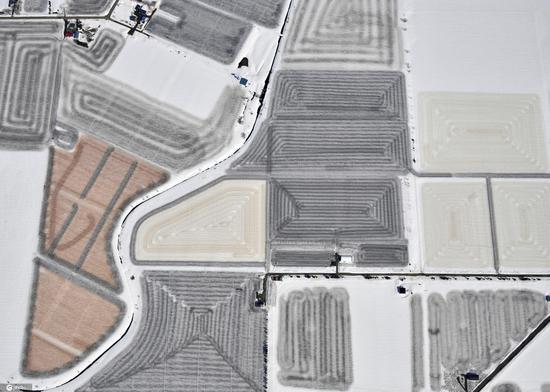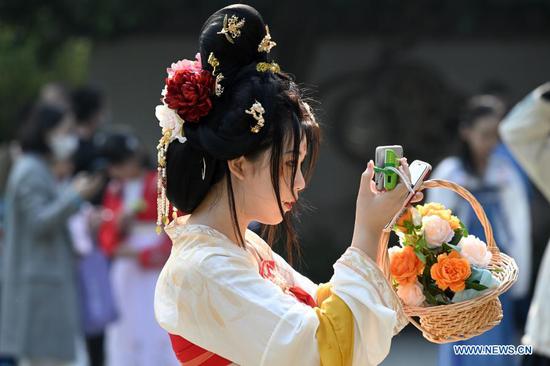Chinese archaeologists recently found fruit wine made in the Zhou Dynasty (1046-256 BC) in an ancient tomb site in the city of Yuncheng, north China's Shanxi Province.
Among the eight bronze kettles that were unearthed last year from the Beibai'e tomb site, a clear liquid was found in two well-sealed kettles, said Cao Jun, director of the on-site archaeological team.
After analyzing samples of the liquid and soil specimens at the bottom of some other kettles, archaeologists found volatile organic compounds and various organic acids related to wine, and the liquid was later confirmed to be remains of fruit wine, said Li Jingpu, a member of the research team from the University of Chinese Academy of Sciences.
This is the first time that fruit wine from the pre-Qin period (pre-221 B.C.) has been found in China, archaeologists noted.
Excavation work on the Beibai'e tomb site, covering some 1,200 square meters, was carried out from April to December last year. Over 500 artifacts of various materials, including copper, jade, stone, lacquer and gold, from the Zhou Dynasty were unearthed in the excavation drive.
















